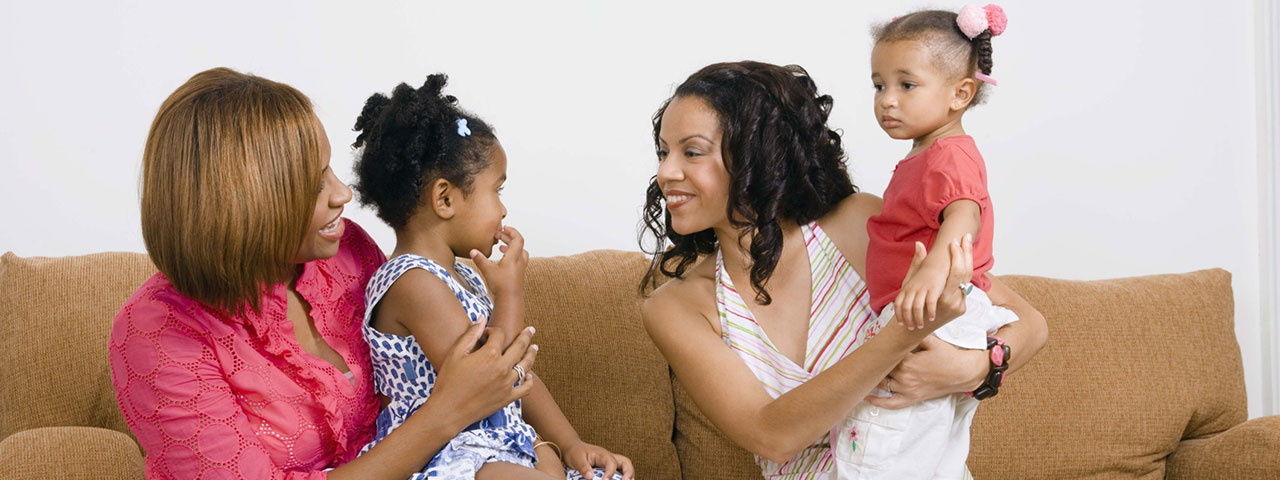Words to Live By: Why Children's Language Development Should Be a Community Priority
- Tweet

So much of the success – or the difficulties – of our students in the classroom is set in place by developmental experiences in the first years of their lives. And often, the factors that influence whether children succeed are things that many of us simply take for granted. That is certainly the case when it comes to a child’s ability to develop language, an inseparable part of learning, developing social relationships, and succeeding in school and in life.
Early language development affects everyone in our community! Tweet this!In the first years of their lives, children’s brains are like sponges, soaking up everything around them. There’s no greater proof than the average child’s remarkable achievements in language. The 40 sounds that he can make as a baby become 300 spoken words by age two. By age three, he knows 1,000 words and is using complete sentences.
There are few things in our lives as miraculous as watching as a baby’s da-da-da become car, monkey, and gimme, and then turn into I’m sleepy, I want a dessert, and I love you. As one mother joked about her toddler: “At first, we didn’t think he would ever talk, and now, we don’t know if he’ll ever stop.” And yet her child’s joy in using words and building his language is evidence of effective parenting and childcare and sets a strong, positive course for his future.
Beginning at birth, words matter.
In early childhood, the brain is more “plastic” than it is later in life, opening up and changing dramatically in response to environment and experiences as new skills are learned. A young child’s brain is absorbing everything in his environment, particularly when it comes to language, including tone, syntax, and vocabulary.
Unfortunately, language development is not a level playing field for every child.
Dr. Hank Herrod, an Urban Child Institute Fellow, points out that the type of language children hear children varies widely depending on socioeconomic factors. Children in better-off families tend to hear more positive language than children in lower-income families. For example, in one influential study, children of professionals heard seven times more positive statements than negative ones in an hour, but children of working class parents heard only twice as many positive statements as negative statements. And in families receiving welfare, children heard half as many positive statements as negative ones.
The amount of language heard by children also varied according to family income. In a typical hour, a child of professional parents heard 2,153 words, a child of working class parents heard 1,251 words, and a child of poor parents heard 616 words.
Early language development should matter to everyone.
There is nothing more important to the future of our community than giving all children the positive experiences they need for optimal social and emotional development. Language development is a linchpin for both. It’s why early childhood programs like Head Start are so important in Memphis.
In other words, the language development of our youngest children right now will influence
- whether Shelby County Schools achieves its goal of becoming a model of urban education
- whether the Workforce Investment Network will have the skilled workers that Memphis needs to compete for jobs
- whether Memphis will become a center for start-ups and minority businesses
- whether the Greater Memphis Chamber reaches its goal of creating more middle-income families
- whether Leadership Memphis is successful in increasing the number of Memphians with college degrees
Our community can achieve these goals, but it needs an equal measure of patience and focus. We won’t know if we succeeded for more than a decade, but we won’t get there unless we stay the course, resist the false promises of short-term magical answers, and insist on the sustained effort required to produce the biggest return on our most important investment: the future of our children.
